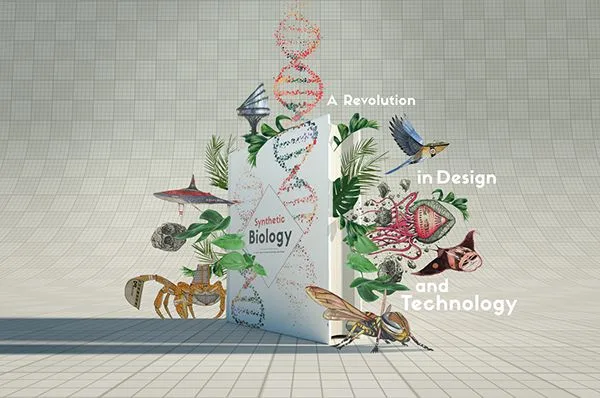
Synthetic biology is at the forefront of a technological revolution that’s changing how we view biology, engineering, and even life itself. Imagine programming cells the same way we program computers—writing genetic code to perform specific tasks, develop cures, or even build materials. That’s the promise of synthetic biology, and it’s rapidly becoming a transformative force across industries.
In this article, we’ll explore what synthetic biology is, how it works, and why it’s considered one of the most important emerging technologies of the 21st century.
What Is Synthetic Biology?
At its core, synthetic biology is an interdisciplinary field that combines biology, engineering, computer science, and chemistry to redesign natural biological systems—or create entirely new ones. Unlike traditional genetic engineering, which typically modifies existing DNA in a living organism, synthetic biology often builds new sequences from scratch, creating custom-built DNA to instruct cells how to behave.
Think of it as writing software—but instead of coding apps, scientists are coding life.
How Synthetic Biology Works
The building blocks of life—DNA, RNA, and proteins—are essentially biological code. Just as computers use binary code (1s and 0s), cells interpret sequences of four nucleotides (A, T, C, G). By designing and synthesizing custom DNA sequences, scientists can “program” cells to perform specific functions.
For example, synthetic biologists can:
- Program bacteria to detect and neutralize toxins
- Engineer yeast to produce biofuels
- Modify cells to manufacture pharmaceuticals
- Design gene circuits that behave like electronic logic gates
This level of control and precision is only possible thanks to advances in DNA programming, automation, and computational modeling.
The Role of CRISPR and Advanced Tools
One of the key enablers of synthetic biology is CRISPR technology—a gene-editing tool that allows for extremely accurate modifications of DNA. While CRISPR by itself doesn’t build new DNA sequences, it’s an essential part of the synthetic biology toolbox, helping to insert, delete, or replace genes efficiently.
Other innovations such as automated DNA synthesizers, genome compilers, and AI-driven simulation platforms are accelerating the speed at which scientists can test, iterate, and deploy biological designs.
Applications Across Industries
The potential applications of synthetic biology are vast and already impacting sectors from healthcare to agriculture to materials science.
1. Healthcare and Medicine
- Personalized medicine through engineered cells
- Cancer therapies using modified immune cells
- On-demand production of vaccines and antibiotics
2. Agriculture
- Crops resistant to drought, pests, and disease
- Microbes that enhance soil fertility naturally
- Plant-based alternatives to meat and dairy
3. Environment
- Microorganisms that consume plastic or oil spills
- Carbon-sequestering algae to combat climate change
4. Materials and Energy
- Bioengineered organisms that produce biodegradable plastics
- Renewable biofuels from engineered yeast or bacteria
These breakthroughs are not just theoretical—they’re already being deployed by companies and research institutions globally, thanks to rapid biotechnology innovation.
Ethical and Safety Considerations
- As with any powerful technology, synthetic biology comes with its share of ethical and safety concerns. Questions arise around biosecurity, unintended consequences, and genetic ownership.
- Could engineered organisms escape into the wild and disrupt ecosystems?
- Who controls the genetic information of synthetic life forms?
- What regulations should govern the use and distribution of synthetic DNA?
- Governments, scientists, and ethicists are working together to establish guidelines that ensure this powerful technology is used responsibly.
The Future of Synthetic Biology
The future of synthetic biology looks both promising and profound. As tools become cheaper and more accessible, we could see a democratization of biology where labs and startups can innovate as easily as tech companies do with software.
- In the next decade, we might see:
- “Biological app stores” where you can download genetic circuits
- Smart probiotics that deliver medicine internally
- Cities powered by organisms that produce clean energy or purify air
- Synthetic biology is not just reshaping what we can do with biology—it’s redefining what it means to design and control life.
Conclusion
Synthetic biology is one of the most exciting frontiers in modern science and technology. With its ability to program DNA, engineer new biological functions, and solve complex global problems, it’s pushing the boundaries of what’s possible. As we continue to unlock the potential of genetic engineering, CRISPR technology, and biotechnology innovation, we’re not just altering life—we’re learning to write it from scratch.